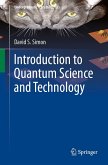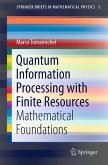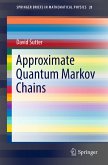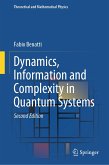This book covers recent developments in the understanding, quantification, and exploitation of entanglement in spin chain models from both condensed matter and quantum information perspectives. Spin chain models are at the foundation of condensed matter physics and quantum information technologies and elucidate many fundamental phenomena such as information scrambling, quantum phase transitions, and many-body localization. Moreover, many quantum materials and emerging quantum devices are well described by spin chains. Comprising accessible, self-contained chapters written by leading researchers, this book is essential reading for graduate students and researchers in quantum materials and quantum information. The coverage is comprehensive, from the fundamental entanglement aspects of quantum criticality, non-equilibrium dynamics, classical and quantum simulation of spin chains through to their experimental realizations, and beyond into machine learning applications.
Dieser Download kann aus rechtlichen Gründen nur mit Rechnungsadresse in A, B, BG, CY, CZ, D, DK, EW, E, FIN, F, GR, HR, H, IRL, I, LT, L, LR, M, NL, PL, P, R, S, SLO, SK ausgeliefert werden.
Hinweis: Dieser Artikel kann nur an eine deutsche Lieferadresse ausgeliefert werden.

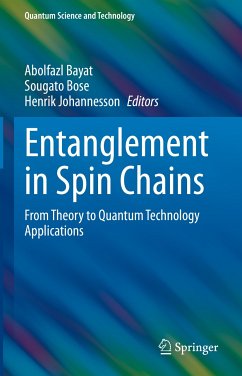

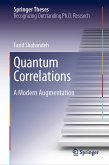
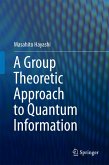
![Quantum [Un]Speakables II (eBook, PDF) Quantum [Un]Speakables II (eBook, PDF)](https://bilder.buecher.de/produkte/53/53031/53031852m.jpg)
